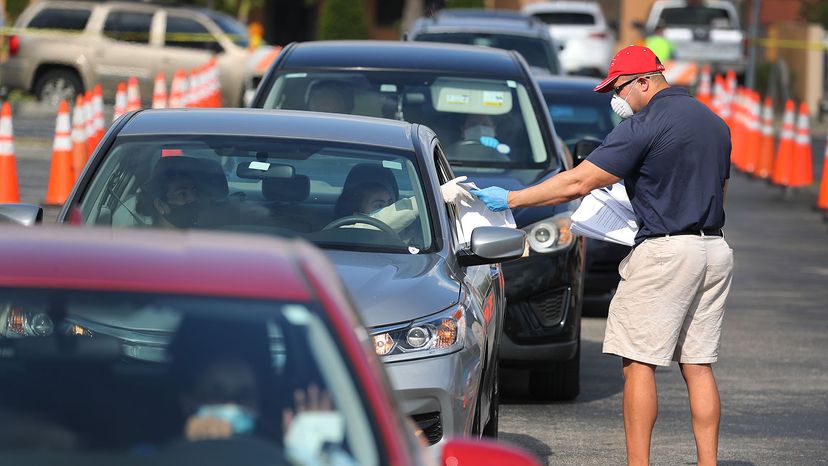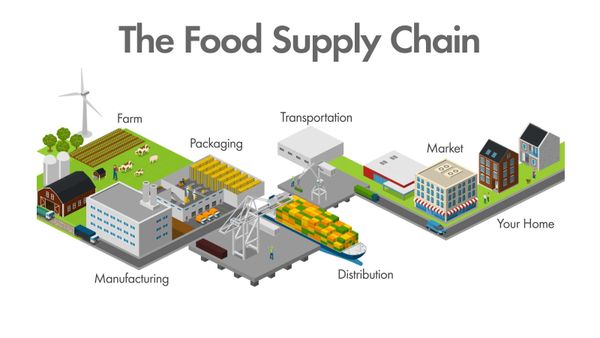During the COVID-19 crisis, unemployment benefits have been extended to almost all workers currently out of a job, including self-employed freelancers and gig workers. But during normal economic times, a relatively narrow slice of workers qualify for benefits.
Again, each state writes its own rules, but in general you can only collect unemployment if you were a full-time or part-time employee, you lost the job through no fault of your own and you earned enough at that job to qualify for benefits.
What that means is that you can generally only collect unemployment if:
- you were laid off from a job because your position was downsized
- you were part of a larger round of layoffs at your company
- your company went out of business
- it's seasonal work and the season is over (with no guarantee that you'll be rehired next season)
On the flip side, you generally cannot collect unemployment if:
- you were fired for misconduct
- you quit without good cause
There are, however, certain situations in which you may be able to collect unemployment even if you quit. Those "good cause quits," says Evermore, include relocating with a spouse who got a job in another state, or quitting because job conditions violated health and safety codes. The state agency will be the one to decide if the circumstances qualify or not.
There are also monetary eligibility requirements for collecting unemployment. You need to have earned a minimum amount of money at the job over a set period of time known as the "base period." A typical base period is four quarters (one year), and each state sets its minimum amount, but can go as low as $3,000 in total earnings.


